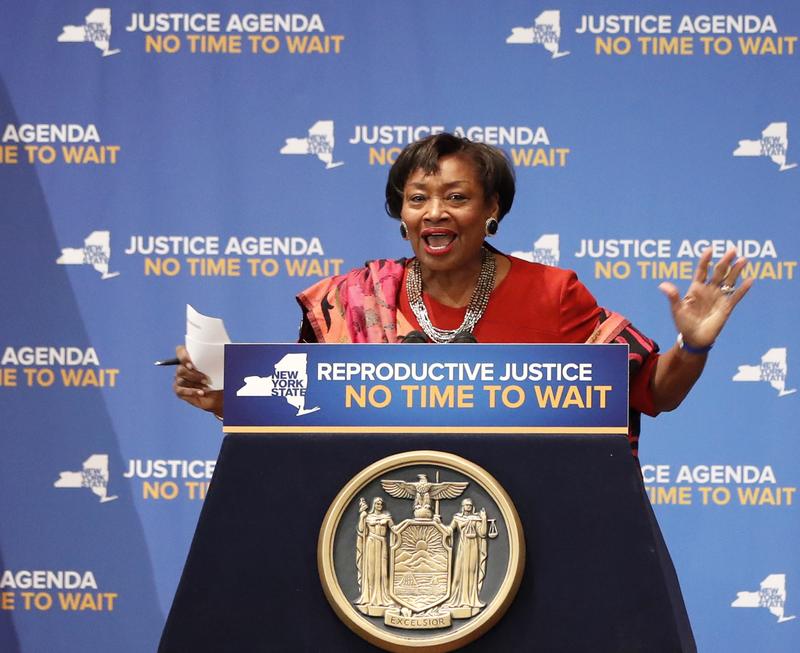
If the Democrats in power in Albany make good on their pledges, New Yorkers in the coming months will be able to vote early; avoid bail for most criminal arrests; more aggressively pursue child sex abusers in criminal and civil court; qualify for state university financial aid, even if they're undocumented; and legally purchase marijuana.
At the start of each term, state Democratic lawmakers have always had a long list of pledges: spending more on this, reforming that, closing a loophole here, expanding a program there. But in the past, those aspirations were dashed by the Republican-led State Senate, the place where liberal dreams went to die.
Starting Wednesday, as the 2019 legislative session gets underway, that obstacle is gone. Democrats don’t just control the Senate, but with a 39-to-24 majority, they’re poised to be a more dominant force than that chamber has seen in decades. It’s almost as if the State Senate is the Assembly, which the Democrats have owned for more than a century, and currently control by a 107-to-43 margin.
When the Democrats briefly reigned in the Senate from 2009-2010, infighting consumed the chamber. A half-dozen party leaders conducted themselves in such a way as to warrant indictments and convictions on various charges later on — after the GOP returned to power.
Now, Senate Majority Leader Andrea Stewart-Cousins and her colleagues, who have been itching to return from exile to the promised land, are determined to preserve order and legislate efficiently.
“We can’t pass everything the first week, but we have a lot to do, and we’ll be going full-speed ahead,” Stewart-Cousins said.
Gov. Andrew Cuomo has laid out an ambitious agenda, and in broad brush-strokes, it overlaps with the priorities of Stewart-Cousins and Assembly Speaker Carl Heastie. With all three eager to score some quick political points, they will likely focus at first on some of the least controversial measures, such as the Reproductive Care Act and the Contraceptive Care Act, which would codify women’s right to abortion — including late-term abortion — into state law and expand access to contraceptives.
Many other bills and budgetary items will be more complex. Funding for the MTA, public schools and the state university system continue to be tenuous. A move to prohibit judges from requiring cash bail for many offenses will require close attention to how different felonies and misdemeanors are classified. The push to legalize marijuana is already turning into a show-down over how to spend sales tax revenue.
Observers are waiting to see how many of these details will be hammered out among legislators and how much through closed-door negotiations among the three leaders.
“I’m eager to see legislative competence and a certain discipline in the majority,” said Gerald Benjamin, a professor of political science at SUNY New Paltz. “With overall confidence low in how government works, an improvement in performance by the legislative branch and government in general would be a welcome development.”
